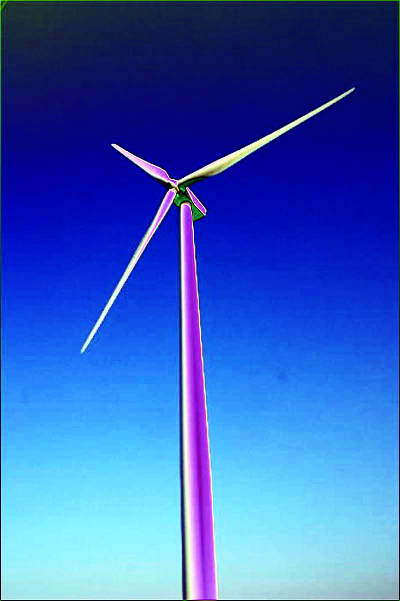Climate survey shows partisan opinions
 A far-reaching CSIRO survey has found Australians views on climate change run on distinctly political lines.
A far-reaching CSIRO survey has found Australians views on climate change run on distinctly political lines.
Despite being an issue of rational and objective science, it appears that people’s views on the climate are heavily influenced by their prior adherence to particular political groups.
The report summarised the findings of five different surveys of Australian attitudes from 2010 to 2014.
Across the years of the surveys, CSIRO found just under 80 per cent of respondents accepted that the climate was changing.
Australians believe about 62 per cent of the change is a result of human activity.
But the nation’s view of the cause of climate is closely tied to political leanings, CSIRO said.
Of 3789 people surveyed since the federal election in 2013, 52 per cent of Liberal voters said they think climate change is happening but it is natural.
Forty-two per cent of Nationals voters thought the shifting climate was just part of the natural ebb-and-flow, as did 31 per cent of Labor and 17 per cent of Greens voters.
Around three-quarters of Greens voters said increased climate variability was caused by human activity, as did 59 per cent of Labor voters.
“To a substantial degree, when asked, a significant fraction of the public say what they think their preferred party says” said researcher Professor Andy Pitman, Director of ARC Centre of Excellence for Climate System Science at the University of NSW.
“My experience of the public service and right the way through to some media outlets, they absolutely listen to the vibe from the top and respond to it.”
The CSIRO survey also spotted some confusion among respondents.
They found that those who thought global warming was not happening still managed to blame just over a third of it on human activity.
The people who believed climate change was not a thing listed friends and family as their most trusted sources of information.
Those who know that humans are affecting the environment said university scientists were their most trusted source.
“Politicians were also rarely nominated as a basis for opinions, despite the strong associations that opinions had with voting behaviour,” the report noted.
“This aligns with recent research suggesting politicians and political parties might be more influential than [people] think.”
Many respondents accept that developing countries will likely be the hardest hit by extreme weather, but that sentiment was not generally backed with support for increased aid.
There was strong support, however, for increased government spending on renewable energy.
The hugely valuable survey was not released with any fanfare, and may be the last.
The CSIRO was forced to cancel the annual survey of Australians' attitudes to climate change earlier this year, due to Federal Government budget cuts.
The Abbott Government hacked $111 million out of CSIRO’s budget this year, the latest in a series of cuts under successive government in recent years.
When contacted about renewing funding, science minister Christopher Pyne’s office referred questions to the CSIRO.







 Print
Print